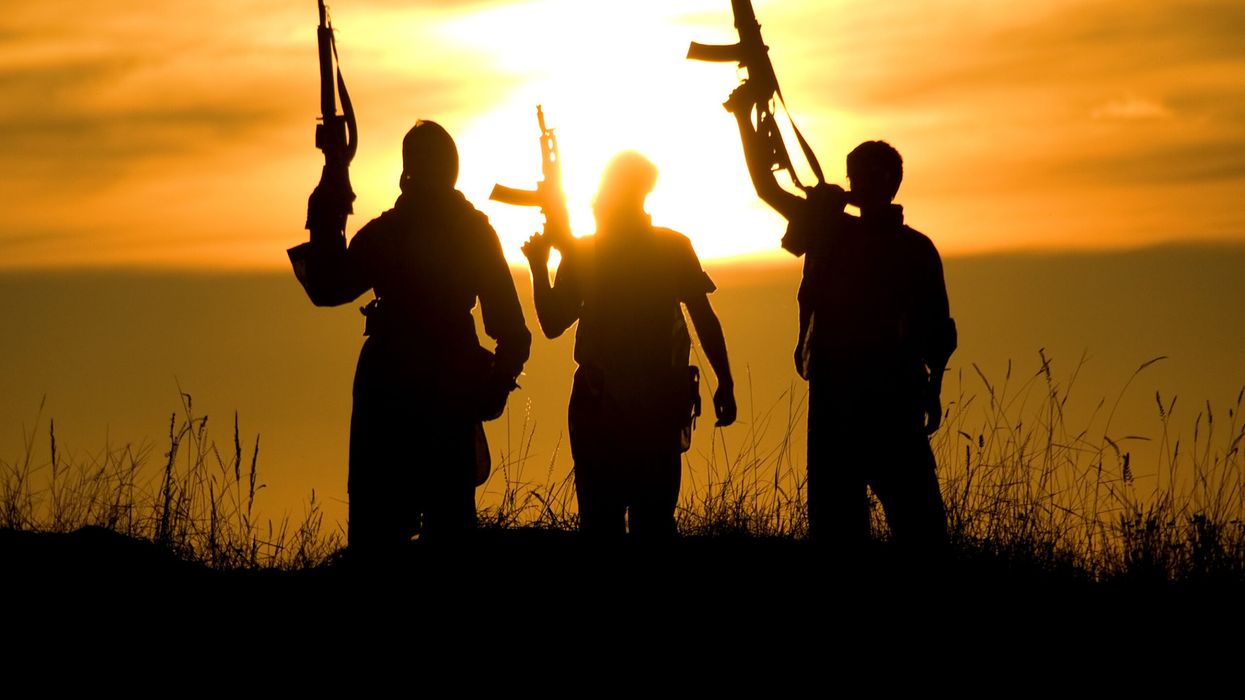THREE Pakistani security personnel were killed on Monday (19) in a major militant attack originating from Afghanistan, targeting a border security post in the restive Khyber Pakhtunkhwa province, security authorities reported.
The attack took place in the early hours at a Pakistani border post located in the Wara Mamund area of Bajaur district, which lies on the Pak-Afghan border.
This incident follows closely on the heels of two separate terror attacks on Sunday (18) that resulted in the deaths of four security personnel in the same province.
In one of these attacks, militants targeted the Bargai police station in the militancy-affected Lakki Marwat district, killing a policeman on the spot and fatally injuring a Station House Officer (SHO) who later succumbed to his wounds in the hospital.
In another incident on Sunday, two Frontier Constabulary personnel were killed and three others injured when militants ambushed their convoy in the Maddi area of Dera Ismail Khan district, also within Khyber Pakhtunkhwa. The attackers reportedly took refuge in a nearby house before launching the assault.
The recent surge in terror incidents across Pakistan, particularly in KPK, has been linked to the Taliban's takeover of Afghanistan.
Pakistan has repeatedly urged the Taliban-led Afghan government to ensure effective border management and prevent the use of Afghan territory by terrorists targeting Pakistan. (PTI)




